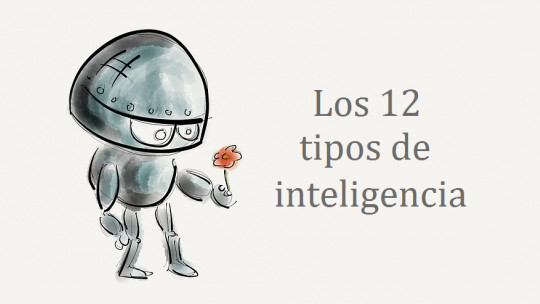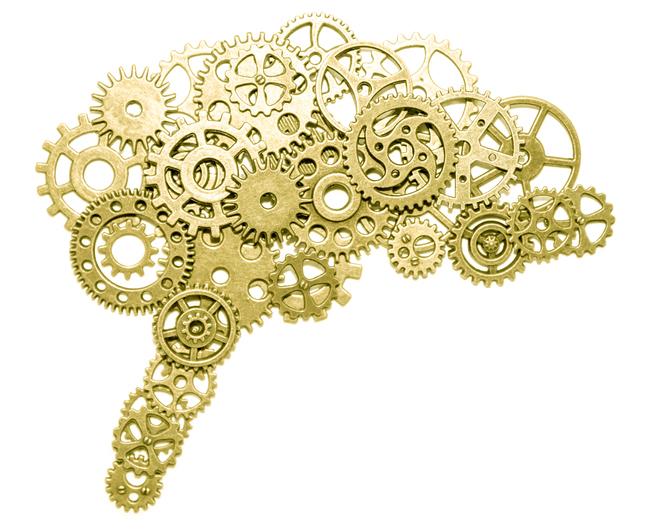For decades now, the concept of intelligence has had a strong impact on human life.
IQ tests are applied in the selection of personnel and in school settings, the fact of obtaining one score or another in one of them can have a great impact on self-esteem and, furthermore, These measures are a good predictor of economic status and life expectancy
However, some psychologists believe that there is not a single measure of intellect, but rather many types of intelligence, and some are greatly undervalued. The musical intelligence would be an example of this.
What is musical intelligence?
Musical intelligence belongs to the model of multiple intelligences disclosed by the American psychologist Howard Gardner, and is a concept that refers to the abilities and sensitivities that have to do with musical sensitivity, when producing it and perceiving it as such with all its nuances.
It is totally independent of hearing ability, and therefore concerns only the ability to process the sound information of simple or very complex musical pieces, and does not have to be reflected in specific musical genres. What defines musical intelligence is the total freedom to create and appreciate music.

What are people with musical intelligence like?
Someone with musical intelligence is especially skilled at detecting nuances in melodies, thinking in terms of rhythm, timbre and tone and distinguish similar sounds that sound separately or at the same time. At the same time, they will also have an easier time expressing themselves musically, whether by composing musical pieces performed by themselves or directing a musical ensemble in which many elements of the piece they want to perform must be kept in mind.
Musical intelligence can be broken down into several skills These competencies are held to a relative degree, and do not have to do with a perfect and absolute ability to carry them out. Here are some of them, as an example.
Musical intelligence is educated
According to Howard Gardner, musical intelligence is one of the first types of intelligence to appear throughout the development and growth of people, being present in the first months of life. Therefore, Its existence does not depend on whether we have received formal education in music or not, and much less about whether we know music theory. However, if you want to significantly improve your musical intelligence, there comes a point where it is necessary to practice and dedicate hours a week to training systematically.
This, added to the fact that musical intelligence could be closely linked to logical-mathematical intelligence and skills related to creative thinking, makes certain groups demand the need for schools to dedicate efforts to help improve this type. intelligence using programs to stimulate musical intelligence. Efforts are also being made to disseminate exercises with which parents can educate the little ones and musical intelligence from their first weeks and according to the stages of growth they go through.
A final thought
The idea of multiple intelligences, popularized by Howard Gardner, is as loved as it is hated. The fact that it is a classification of different mental abilities has earned it criticism from those who believe that intelligence can be explained by studying a single intelligence factor (Spearman’s G factor). However, It also opens the door to understanding intellect as something broader than what conventional IQ tests measure
Musical intelligence is one of the great counterpoints that the multiple intelligences model puts on the table: an intelligence that is legitimate by the simple fact of belonging to the artistic and creative side of the human being despite not being applicable to work and productive gear like logical-mathematical intelligence.









